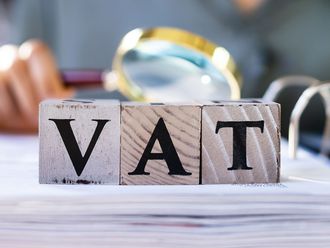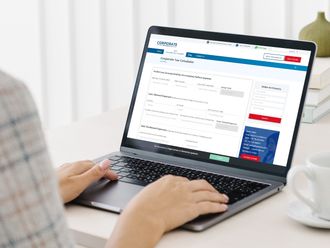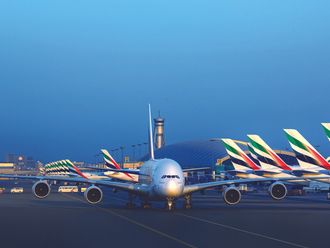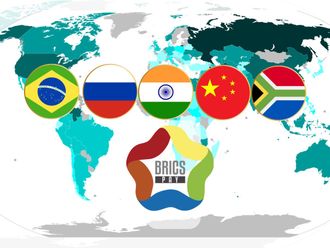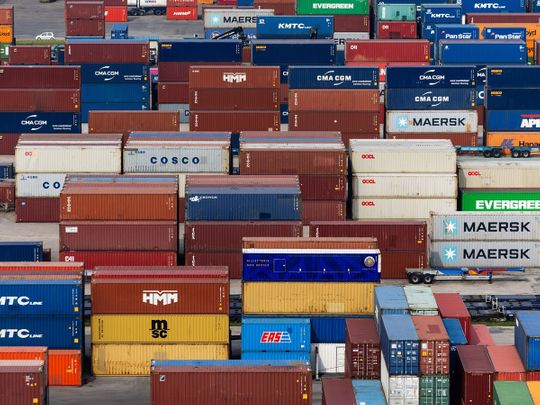
Dubai: Starting November 15, it will be easier for exporters in the UAE to reclaim VAT related input costs after the Ministry of Finance’s latest updates on the tax.
This means there will be no more need for exit certificates from the free zone, if the goods are being exported from there, or any other such facility when it comes to VAT reclaims. All that’s needed would be standard documentation confirming that the goods had indeed left the UAE shores.
“Until now, each such VAT refund claim required an exit certificate to prove the goods had left the country,” said Girish Chand, Senior Partner at MCA Management Consultants. “That’s Dh150-Dh200 per certificate. For those companies with substantial export orders, it meant a cost and a longer time for the processing of VAT refunds.”
Earlier, even if the exporter had the customs declaration to submit, it’s wasn’t enough to prove the goods had moved out of the country. This is why the FTA had been insisting on exit certificates with each consignment that’s shipped out.
When the new rules come into effect November 15, that issue will get resolved. Exporters say they are looking forward to a smooth transition once the new requirements take effect.
New rules on VAT refunds for exporters
Exporters have three options when it comes to the support documentation that’s needed for the VAT.
- There is the ‘official evidence’, which is the export certificate issued by the customs department. Or a clearance certificate issued by these departments that the goods have left the country.
- They could also provide ‘commercial evidence’ for help on VAT reclaims, which means documents issued by the transport companies and agents. These could be the air waybill or manifest, the sea waybill or sea manifest, or land waybill/manifest.
- A third option would be to submit the ‘shipping certificate’, which is what’s provided by the transportation companies and agents as an equivalent of a commercial evidence where it is not available.
Reduce costs where possible
For businesses in the UAE with sizeable export orders, any cost savings would be welcome. After the Red Sea crisis starting November last year, shipping costs had risen significantly on key routes that UAE exporters have traditionally relied on. So, where any cost savings are possible, they are only too willing to accept it.
“These measures will reduce the financial burden associated with exporting,” said Abdul Jebbar, founder and Group Managing Director at Hotpack Global. “For companies in sectors like packaging, which is what we are into, where maintaining competitive pricing is key, the cost savings on VAT offer more flexibility in resource allocation.
“We export to 108 countries and the latest VAT cost incentive fits right into the favorable framework provided by the UAE’s other tax exemptions for exporters.”


